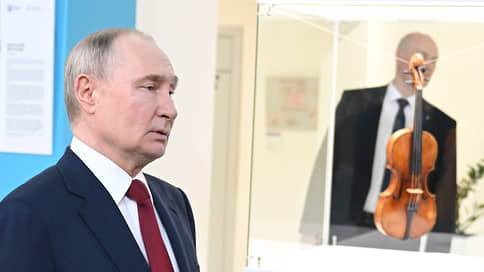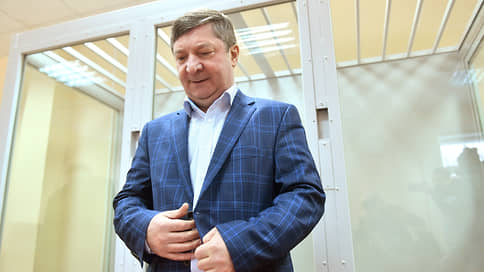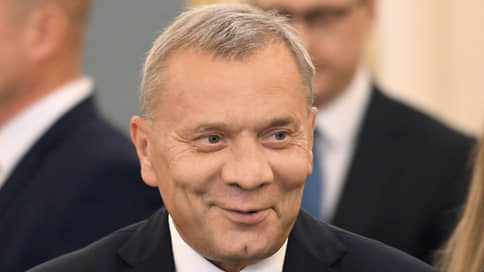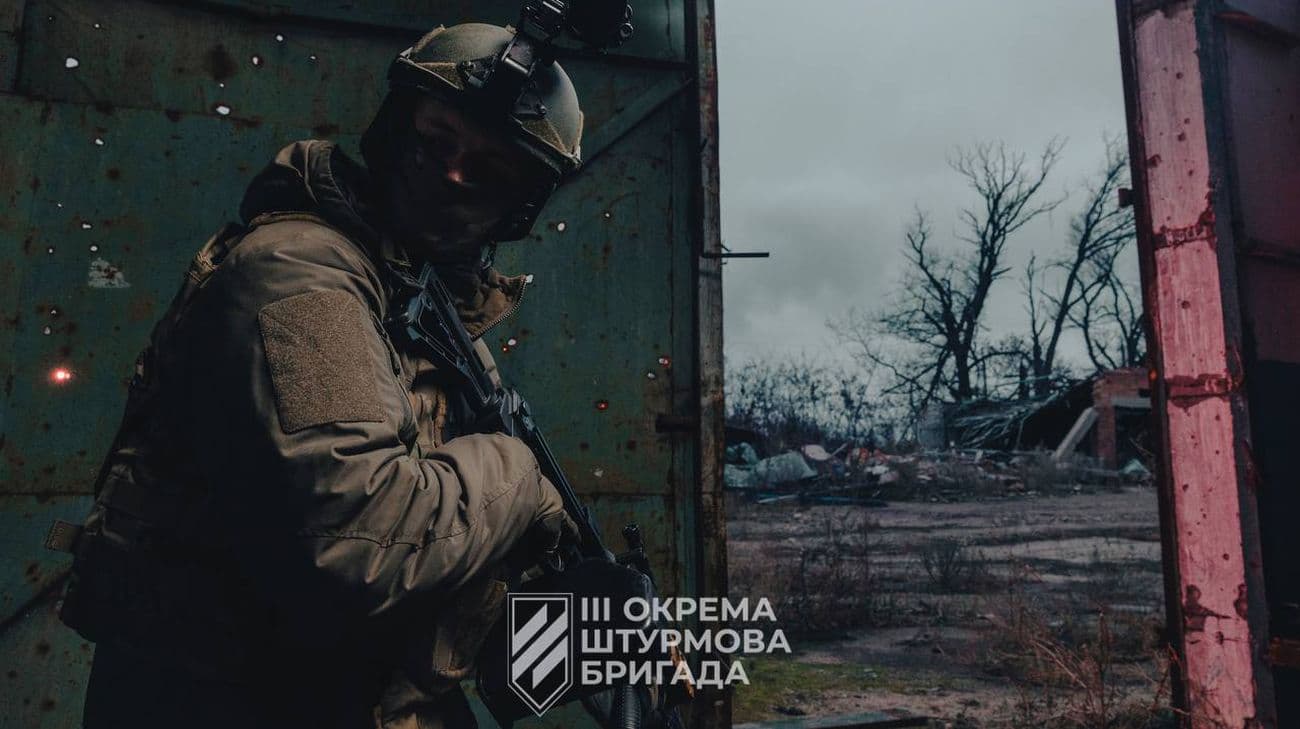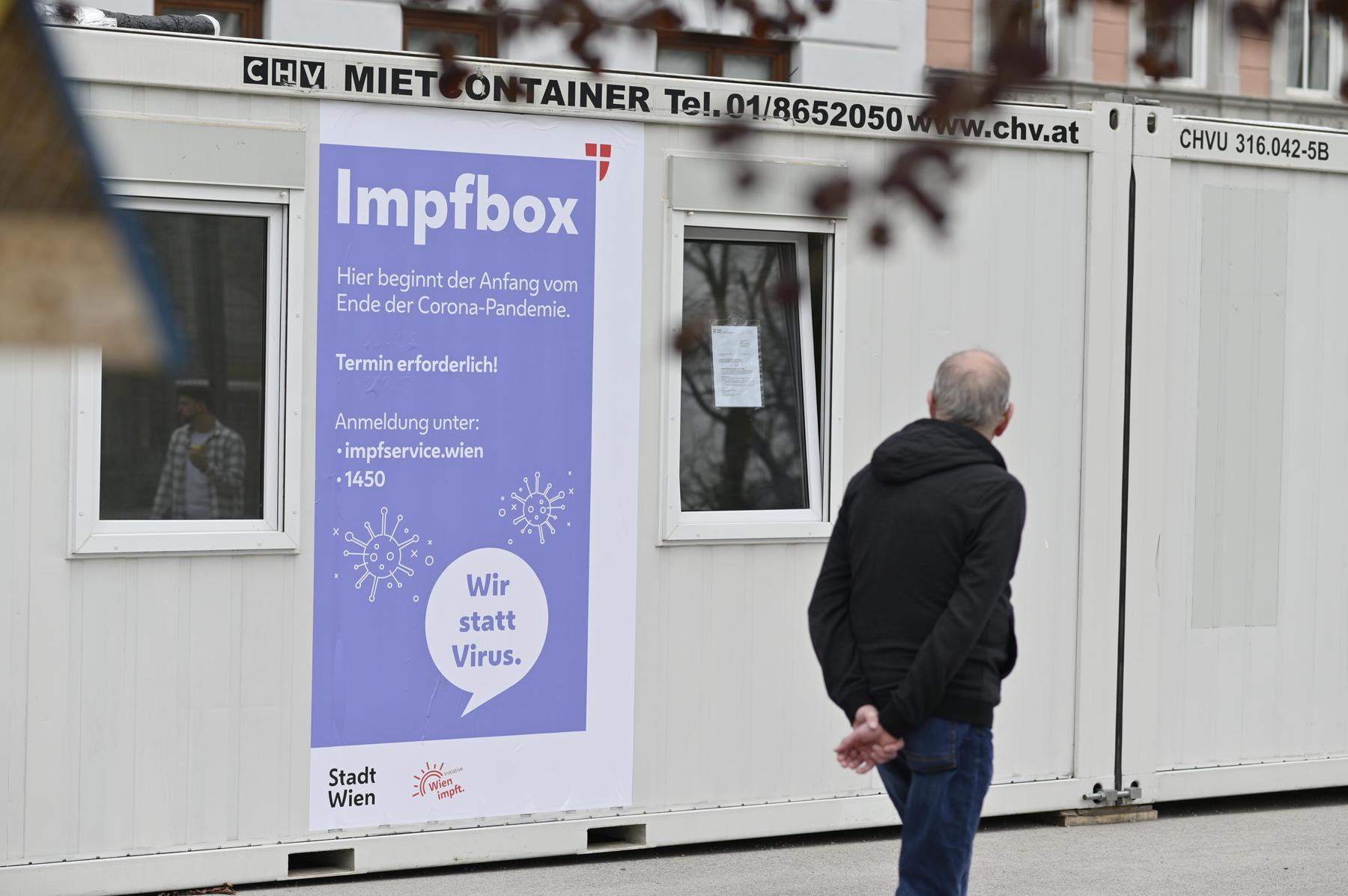Vasily Tsereteli will become the president of the Russian Academy of Arts
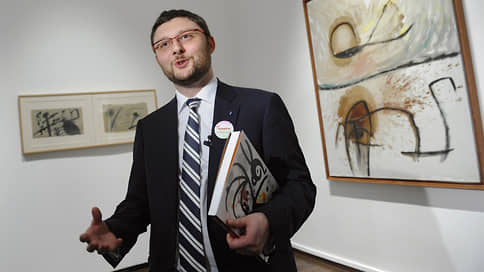
On May 19, the grandson of Zurab Tsereteli, vice president of the Academy and acting President Vasily Tsereteli was elected president of the Russian Academy of Arts. The result of the elections was not a surprise – Vasily Zurabovich was the only candidate for the position. According to the Charter of the Academy, now the Government of the Russian Federation must approve his candidacy. Comments Kira Dolinina.
Vasily Tsereteli for 47 years, and he became the youngest president of the Russian Academy of Arts in its entire history. The fact that at the same time he is not at least any noticeable artist (sculptor, schedule, architect or a noticeable representative of a different creative profession), of course, is striking, but formally nothing is violated: Tsereteli, in art institutions in Georgia and the United States, and the bachelor’s diploma for visual arts he has. However, for more than 20 years now, for him personally and for all persons interested in Russian contemporary art, his administrative talents are much more important, in 2012 even confirmed by the degree of Emba at the Moscow School of Management Skolkovo.
Tsereteli himself says that he stopped engaged in his own art, because « he made a bet on the common cause. »
He has two “common affairs”: firstly, Moscow Museum of Contemporary Art (MMOMA), founded by his grandfather, Zurab Tsereteli, in 1999, in which Vasily in 2001 became the head of the Department of Foreign Art, and in 2002-the Executive Director (the General Director, of course, was grandfather). Secondly, Rah.
At the Academy, his quarry is more rapid than ever: who has become a member of the Union of Artists of the Russian Federation at the age of 20, at the age of 24 he is elected to the RAC corresponding member, at the age of 28 he became an academician, at 29-a member of the Presidium, at 31-vice president of Rah. On April 21 of this year, the freshest interview with Vasily Ceretheli Telegram channel journalist Ksenia Korobeinikova was published, in which he says that Zurab Tsereteli was two years old, so it’s too early to talk about changing it. But on April 23, the 90-year-old sculptor is dying, and the grandson is immediately called all observers of his indisputable successor.
The elections of the new president were held at the general meeting of members of the Russian Academy of Arts (RAH). Most of the voting (458 people) were present in Moscow at a meeting in person. 457 of them voted for Vasily Tsereteli, one person against. In addition, several dozen people took part in the meeting: these were members of the Academy from St. Petersburg, Yekaterinburg, Novosibirsk, Omsk and Foros. Two votes against came only from St. Petersburg, so in the end Vasily Tsereteli won with an advantage of 531 votes out of 534.
What did Vasily Tsereteli inherited? The farm is large and confused. Firstly, people and institutions: more than 500 academicians and members of the foreigners, a bunch of foreign honorary members, three regional departments, scientific institutions (the theory and history of the visual arts of the RAH, the RAH research museum), secondary and higher educational institutions (though the Surikovskoye School and the Repin Institute were taken out of the RAH, but something is still left).
Secondly, the buildings of the Academy itself, its exhibition halls and museums, creative workshops. On the balance of Rah, the Monumentskultura plant in St. Petersburg is also listed, which for a long time was seriously occupied by the casting of giant sculptures Zurab Tsereteli. The budget of the Academy ranges around half a billion rubles a year, and the half-sulfur of some personal undertakings of Zurab ceremonies with the name Rah (for example, the same mommy, which for some reason on the academy’s website is listed as one of its museums) even more difficult to understand the sizes of property and responsibility of the Academy of Arts.
But Vasily Tsereteli is clearly not afraid of this, he was so rooted in this structure that he knew in advance what to do first of all: to return its educational function to the academy, because “if there is no strong academic school, who will carry out state orders and patriotism to the masses?”; strengthen the presence of Rah in the regions; restore the collapsing building on the Prechistenka; Create the Council of trustees that will attract additional income.
The result of the election was unlikely to surprise him: he has repeatedly stipulated that “non -accident people” should take care of the property of Russia. Family here does not scare him at all.
He had already encountered accusations of nonsense when, as the commissar of the Ministry of Culture of the Russian Federation at international exhibitions in Venice (from 2010; from 2006 to 2010, he was the commissar of the Russian Pavilion at the Venice Biennale) was accused of the arrangement of the exhibition of the daughter of the deputy minister of culture Pavel Khoroshilov on a prestigious forum. Vasily Tsereteli, of course, is not a creator at all and not even a curator, but the experienced cultural administrator, quite cleverly leading the mommy through all the storms regarding contemporary art in Russia: the museum’s poster was not at all a shameful. He will clearly cope with the academy. But I would not want the practice of such an outright nonsense to become a rule in the policy of appointing to high cultural positions. In the end, Tsereteli was never a common place – this is still a unique case.

